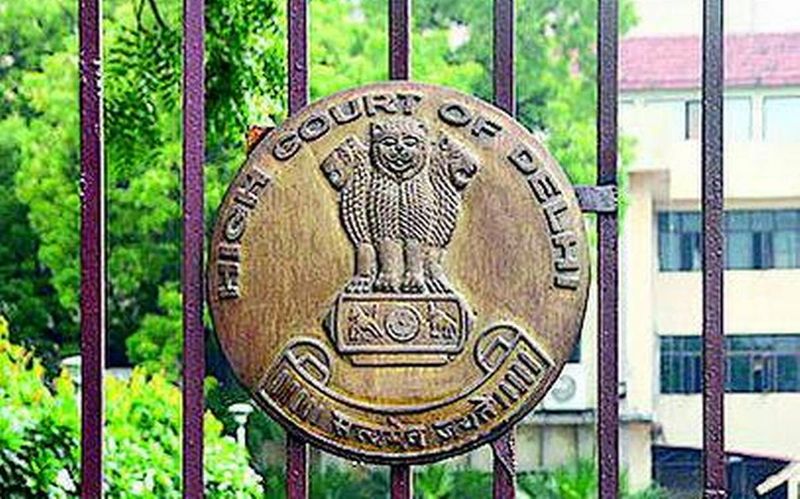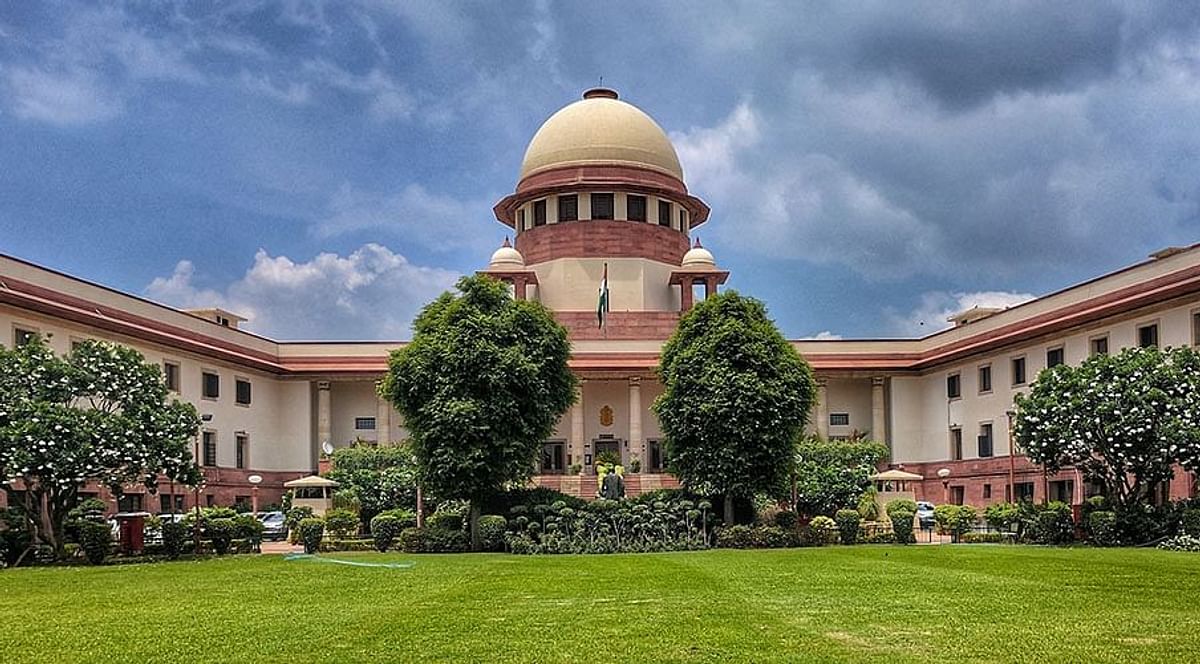Chief Justice of India D.Y. Chandrachud emphasized the need for a national-level recruitment process for judicial services, urging the judiciary to move beyond the "narrow walls of regionalism and state-centred selections." Speaking at the valedictory ceremony of the 'National Conference of the District Judiciary,' CJI Chandrachud highlighted the importance of attracting skilled personnel to address the high pendency of cases, with the national average disposal rate currently standing at 95%.
He pointed out that vacancies at the district level are significant, with 28% of judicial positions and 27% of non-judicial staff positions unfilled. To address this, he advocated for a standardized recruitment calendar across the country to ensure timely filling of these vacancies. "The time has come to think of national integration by recruiting members to the judicial services across the narrow walls of regionalism," he stated.
CJI Chandrachud also revealed that the Supreme Court’s Centre for Research and Planning is working on a white paper to integrate state-level training modules with national and international best practices. This effort aims to standardize judicial training across the country, incorporating innovative methods and technological integration. The new curriculum will focus on uniformity, thematic frameworks, and feedback mechanisms to enhance the effectiveness of judicial training.
Furthermore, the CJI underscored the importance of judicial wellness, noting that judges often face significant mental and physical stress. He called for destigmatizing mental health discussions and establishing robust support systems to ensure judges can function effectively.
Chandrachud also emphasized the need to bridge the perceived gap between the district judiciary and High Courts, advocating for open communication, fair transfer policies, and transparent promotion practices. He stressed that judicial officers should be evaluated based on long-term performance rather than isolated inspections.
In conclusion, the CJI reaffirmed the district judiciary as the backbone of the judicial system, emphasizing the need for ongoing efforts to modernize and strengthen the judiciary for the future.








 OpinionExpress.In
OpinionExpress.In















Comments (0)